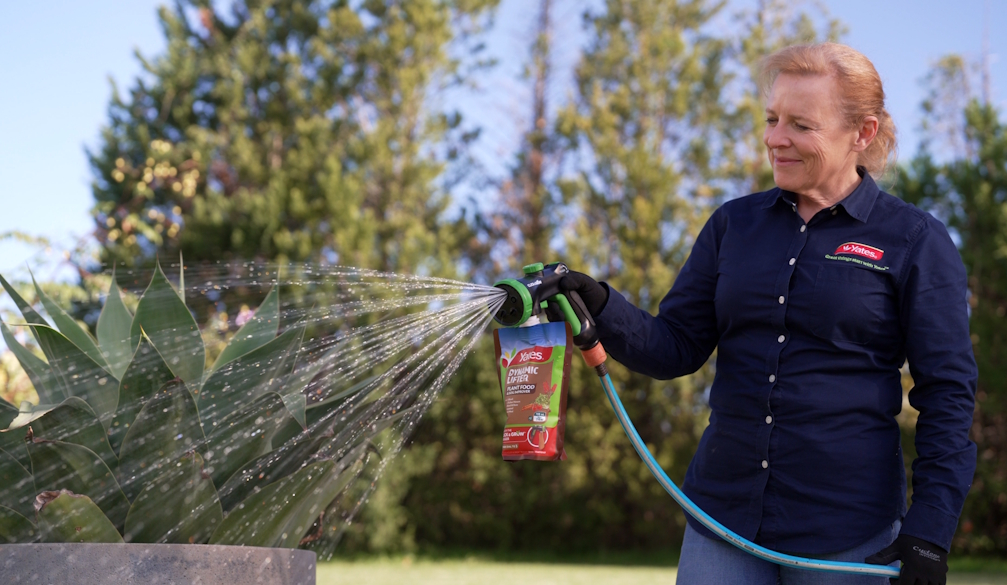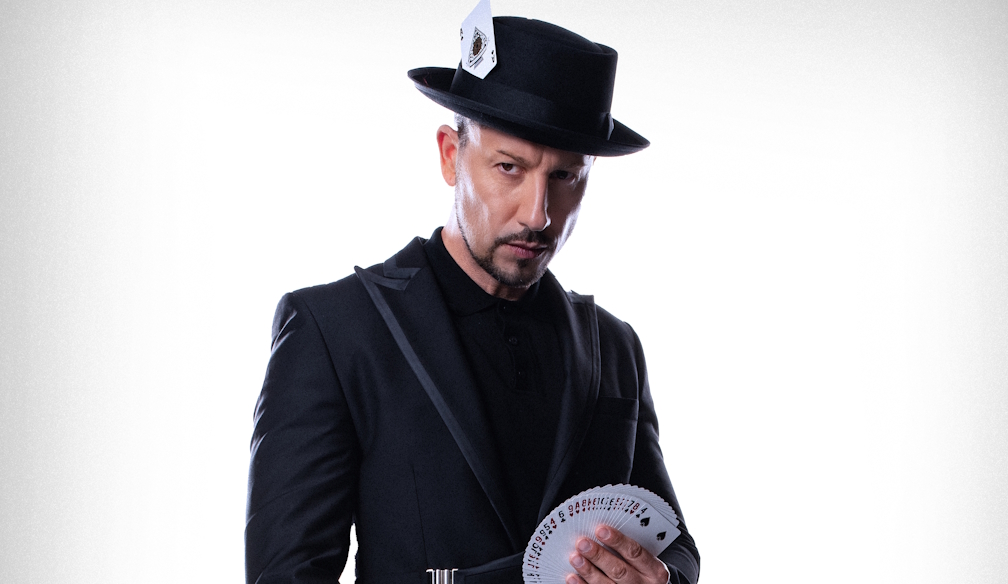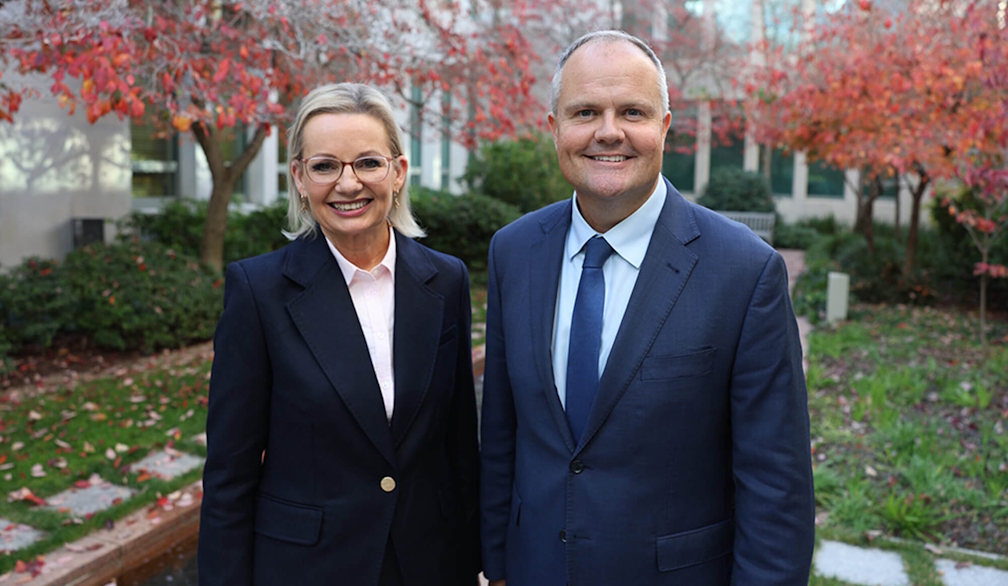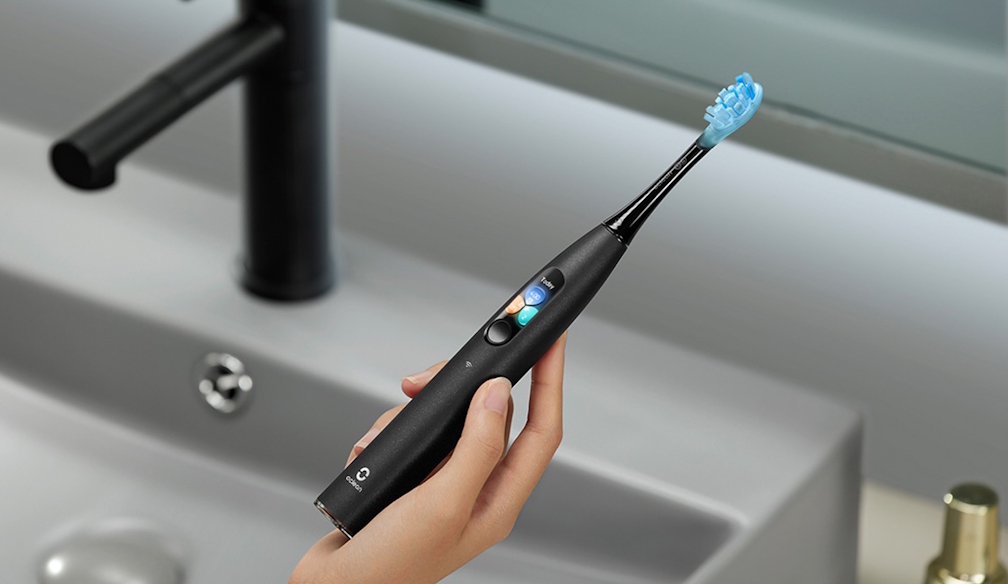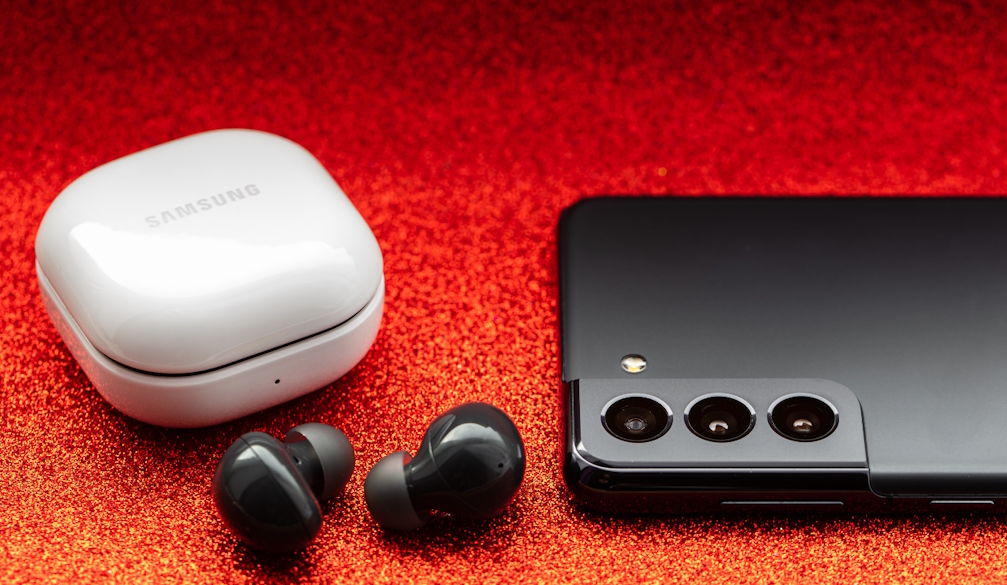No VCR, No Problem: How to Rescue Your Old Tapes Before They Disappear

Remember the family holidays you filmed on VHS, or that box of MiniDV tapes from your uni days? Chances are they’re sitting in the back of a cupboard gathering dust, and slowly deteriorating. Magnetic tapes aren’t built to last forever. In fact, many start to lose quality within 10 to 20 years, with colour fading, sound warping, and details disappearing for good. Add to that the fact that working VCRs are now harder to find than a Blockbuster store, and it’s clear: if you haven’t already digitised your memories, time is running out.
That’s where Tapes to Digital steps in. As Australia and the UK’s premium analogue-to-digital conversion specialists, they go far beyond basic transfers. Using professional-grade equipment, advanced AI enhancement, and meticulous editing, their team doesn’t just copy your tapes, they restore them, often producing a version that looks better than the original.
So why does it matter? Unlike budget services that use cheap converters and pump out low-resolution MP4s, Tapes to Digital can deliver in any format you need—ProRes, MOV, AVI, MP4, or custom archival files, giving you studio-quality results tailored to your needs. Whether it’s VHS, Betamax, Video8, Hi8, MiniDV, or even reel-to-reel audio, every format is handled with care and expertise.
The process is simple. Tapes are safely collected and assessed, then carefully digitised by local technicians. From there, the footage can be enhanced—sharpening images, restoring faded colours, reducing noise, even stabilising shaky handheld footage. Originals are always returned alongside your new digital files, which can be delivered via USB, hard drive, DVD, or secure cloud link.
The result? Priceless memories preserved in a format you can watch, share, and store for generations. Imagine surprising your parents with a restored copy of their wedding video, reliving your first surf trip with mates, or simply knowing that those early years with your kids won’t vanish with time.
3 Signs Your Tapes Are Degrading
Fuzzy or distorted playback: Blurry images, rolling lines, or patchy sound mean the tape’s magnetic layer is breaking down.
Colour loss: If footage looks washed out or overly dark, it’s a sign the pigments are fading.
Physical wear: Warped casings, mould spots, or tapes that stick inside players are red flags that urgent action is needed.
The cost starts from $22 per tape, with options for bulk orders, schools, archives, and even historical societies. It’s a small investment compared to the heartbreak of losing irreplaceable moments forever.
Old media may fade, but your memories don’t have to. Rescue them today with Tapes to Digital. And make sure the stories that matter most are never lost to time.
Find out more at tapestodigital.com.au






